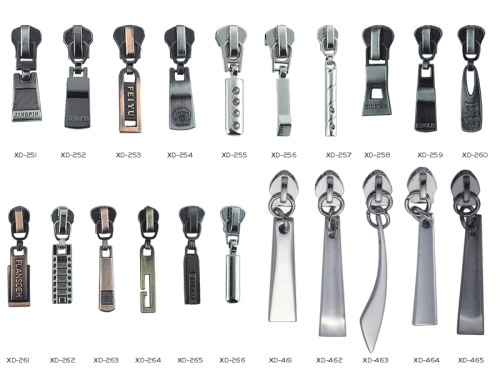
In March 2012, the Ministry of Industry and Information Technology of the People's Republic of China officially launched the "E-Commerce" Twelfth Five-Year Development Plan. The plan set a clear goal: by 2015, e-commerce transaction volume would quadruple, surpassing 18 trillion yuan. It also projected that over 60% of small and medium-sized enterprises (SMEs) would regularly engage in e-commerce activities. Industry experts suggested that by around 2015, the e-commerce service sector would reach a critical turning point, shifting from rapid growth to more sustainable development.
As the competition in the information technology field intensifies in modern society, it has become increasingly vital for all industries and companies to enhance their level of informatization. Our hardware company is no exception. But what exactly does enterprise informatization mean? In simple terms, it refers to how companies align with their external environment, effectively develop and utilize information resources, and ensure that production and business operations can process, circulate, and operate information efficiently and accurately.
For discrete industries, the content of informatization mainly involves the digitalization, integration, flexibility, and intelligence of manufacturing processes, as well as the networking and globalization of these processes. Every aspect of an enterprise’s operations—production, management, and communication—relies heavily on information technology, communication tools, and management systems to collect, store, process, and transfer data. Ultimately, enterprise informatization is about applying IT to restructure core business processes, improve operational control, and boost overall competitiveness.
The rapid growth of the information industry is closely tied to national policies and the rising demand for informatization among SMEs. This has created significant opportunities and demand for the domestic hardware industry, enabling it to evolve and refine its capabilities over time.
Currently, the domestic hardware industry is moving toward greater standardization, serialization, flexibility, and precision. With the global manufacturing center gradually shifting to China after its WTO accession, both domestic and international hardware firms are facing fierce competition. To survive and thrive, hardware manufacturers are adopting information management tools to improve market responsiveness, strengthen cost control, and increase production flexibility. These strategies help them navigate an increasingly competitive landscape and enhance their overall competitiveness—an essential trend today.
Despite the growing importance of informatization, many hardware companies still have doubts about it. For instance, investing significant resources into building an IT system often results in a long return on investment cycle that struggles to keep up with the fast-changing needs of the business. Additionally, existing IT systems may not fully meet the unique and complex requirements of the company. This indicates that many off-the-shelf information solutions fail to deliver real value in terms of improving efficiency or solving specific problems.
Therefore, hardware companies must develop customized informatization strategies based on their own needs, challenges, and goals. By doing so, they can better enhance customer efficiency and address real-world issues, ensuring long-term success in an ever-evolving market.
Wenzhou Shenghong Metal Products Co.,Ltd , https://www.shenghonglock.com